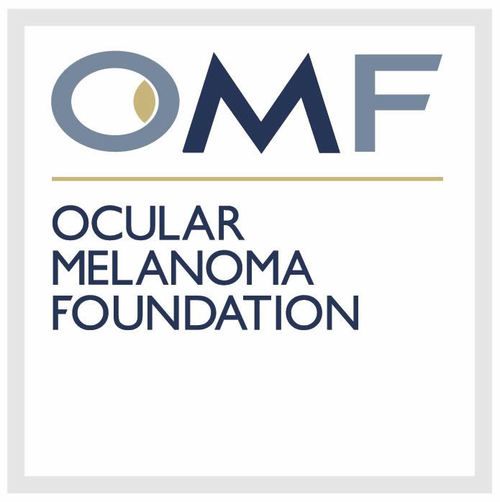Diet & Lifestyle
Recommended Foods
Plant-based Proteins: Some of the best foods to eat during chemotherapy or other cancer treatments are plant-based proteins. They offer the highest levels of vitamins and minerals. This means eating lots of vegetables as well as beans, legumes, nuts and seeds. If you do eat animal proteins, choose lean options like chicken or fish.
Plant foods are important for your body because they contain antioxidants. Antioxidants are compounds that protect plants from disease and when you eat them, you benefit too. They help repair your cells and remove toxins you may have absorbed during your daily life, including toxins from pollution, bacteria and viruses, and additives and preservatives in foods. They also have anti-inflammatory properties.
Antioxidants are sometimes called phytochemicals and are in every kind of vegetable and fruit, plus some herbs and spices too. The color of the vegetable or fruit signals the type of phytochemical it includes.
Healthy Fats: Monounsaturated and polyunsaturated fats also have health benefits. Avocados, olive oil, grapeseed oil and walnuts are all high in omega-3 fatty acids, which help combat inflammation and improve cardiovascular health.
Healthy Carbs: When choosing carbohydrates, opt for foods that are minimally processed, like whole wheat, bran and oats. These have soluble fiber, which helps maintain good gut bacteria. Soluble fiber also promotes the production of short-chain fatty acids (SCFAs), which lend a hand to everything from metabolism to cellular repair.
Vitamins and Minerals: they help our bodies’ enzymatic processes, which play a big role in boosting immune function and reducing inflammation. When possible, select foods fortified with vitamin D. These may include milk, orange juice, yogurt and some cereals.
Plant foods are important for your body because they contain antioxidants. Antioxidants are compounds that protect plants from disease and when you eat them, you benefit too. They help repair your cells and remove toxins you may have absorbed during your daily life, including toxins from pollution, bacteria and viruses, and additives and preservatives in foods. They also have anti-inflammatory properties.
Antioxidants are sometimes called phytochemicals and are in every kind of vegetable and fruit, plus some herbs and spices too. The color of the vegetable or fruit signals the type of phytochemical it includes.
- Green and cruciferous vegetables like broccoli, cauliflower, kale, Brussels sprouts and arugula are high in vitamins A, C and K. They are also high in fiber, sulforaphane and folate.
- Bright red, orange and yellow foods like tomatoes, sweet potatoes, pumpkins, peppers and carrots are high in beta-carotene, lycopene, vitamins A and C, potassium and more.
- Dark purple foods like eggplants, berries, grapes, plums, beets, purple carrots and red cabbage contain a group of antioxidants called anthocyanins among other vitamins and minerals.
- White foods like mushrooms, garlic, cauliflower, onions and artichokes are high in anthoxanthins as well as other vitamins and minerals
Healthy Fats: Monounsaturated and polyunsaturated fats also have health benefits. Avocados, olive oil, grapeseed oil and walnuts are all high in omega-3 fatty acids, which help combat inflammation and improve cardiovascular health.
Healthy Carbs: When choosing carbohydrates, opt for foods that are minimally processed, like whole wheat, bran and oats. These have soluble fiber, which helps maintain good gut bacteria. Soluble fiber also promotes the production of short-chain fatty acids (SCFAs), which lend a hand to everything from metabolism to cellular repair.
Vitamins and Minerals: they help our bodies’ enzymatic processes, which play a big role in boosting immune function and reducing inflammation. When possible, select foods fortified with vitamin D. These may include milk, orange juice, yogurt and some cereals.
Things to Avoid
- Stress
- Excess sugars
- Alcohol
Introduction
Primary Tumor Treatments
Primary Radiation
Enucleation / Resection
Adjuvant Therapy
Metastatic Disease Treatments
Targeted Radiation
Transarterial Chemotherapy
Other Liver Treatments
Systemic Treatments
Clinical Trials
Frontier Treatments
> Diet & Lifestyle
Living with OM
Primary Tumor Treatments
Primary Radiation
Enucleation / Resection
Adjuvant Therapy
Metastatic Disease Treatments
Targeted Radiation
Transarterial Chemotherapy
Other Liver Treatments
Systemic Treatments
Clinical Trials
Frontier Treatments
> Diet & Lifestyle
Living with OM
